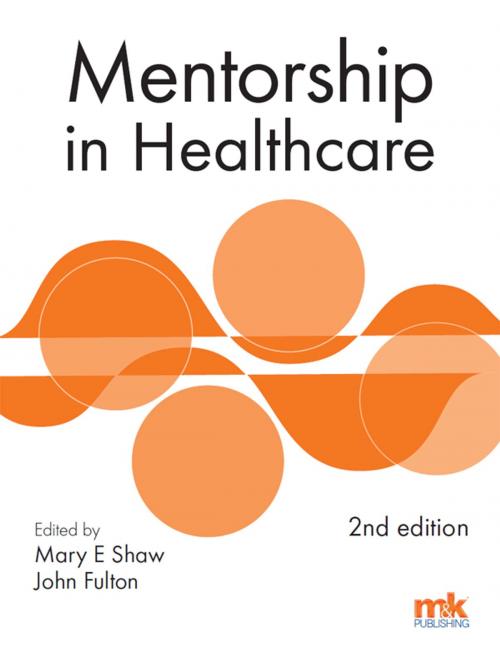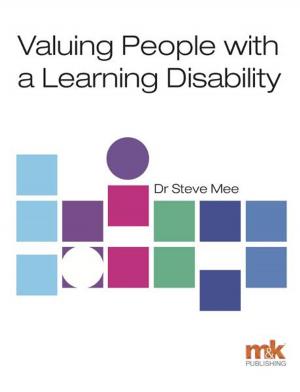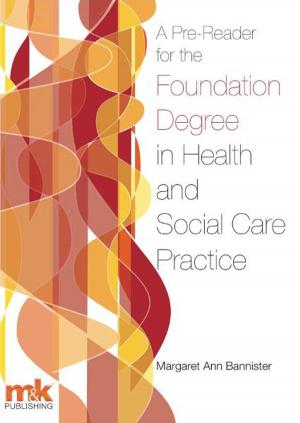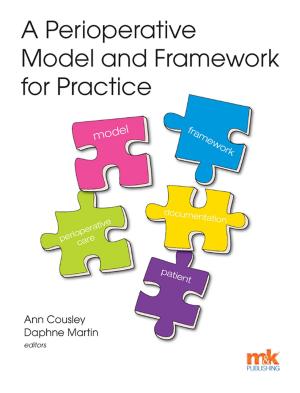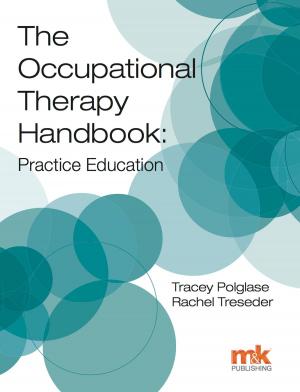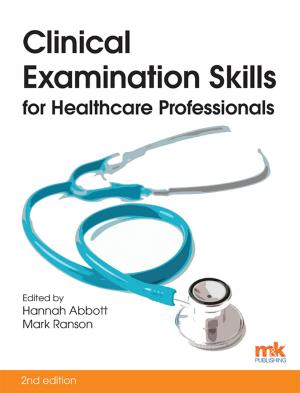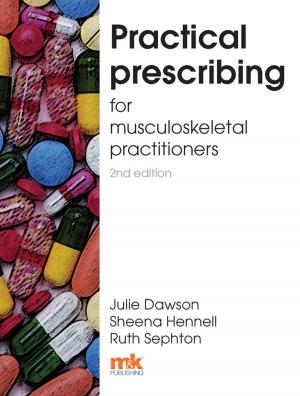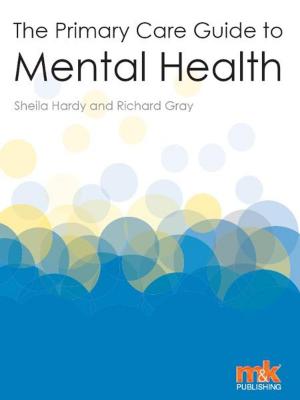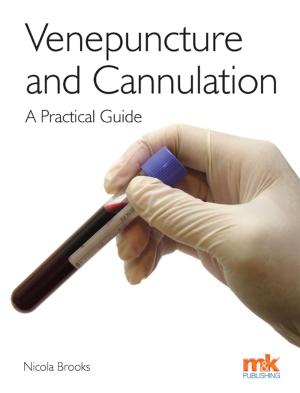Mentorship in Healthcare 2/ed
Nonfiction, Health & Well Being, Medical, Nursing, Fiction & Literature| Author: | Mary E Shaw, Dr John Fulton | ISBN: | 9781907830969 |
| Publisher: | M&K Update Ltd | Publication: | October 1, 2014 |
| Imprint: | M&K Publishing | Language: | English |
| Author: | Mary E Shaw, Dr John Fulton |
| ISBN: | 9781907830969 |
| Publisher: | M&K Update Ltd |
| Publication: | October 1, 2014 |
| Imprint: | M&K Publishing |
| Language: | English |
In healthcare settings, the term ‘mentorship’ is normally used to describe the supervision of a pre-registration student by a qualified practitioner. Mentorship can be very formal or relatively informal. It can also be practised differently in particular locations, settings and healthcare professions.This clear, concise book transcends professional and geographical boundaries in order to focus on the essential characteristics of effective mentorship. It will therefore be useful to a very wide range of healthcare professionals who are involved in mentoring and assessing junior colleagues.The book examines learning theories, teaching and communication skills and assessment methods. It also contains helpful advice on dealing with overseas students and students with special needs. Activities encourage reflection, and quotations and tables enable readers to absorb the content and relate theory to practice.In this second edition, the text has been made even clearer and the authors have added further detail on learning theories such as social constructivism. Most importantly, they have added an Afterword written in the light of reports on the Mid Staffordshire NHS Foundation Trust Public Inquiry. This final section places new emphasis on the mentor’s role in helping to ensure that patients receive safe and effective care, which is provided with compassion as well as practical skill.Contents include:IntroductionProfessional developmentTeaching and learningOptimising learning in the clinical environmentSkills for mentorshipAssessmentChallenging situationsAssessing care and compassion
In healthcare settings, the term ‘mentorship’ is normally used to describe the supervision of a pre-registration student by a qualified practitioner. Mentorship can be very formal or relatively informal. It can also be practised differently in particular locations, settings and healthcare professions.This clear, concise book transcends professional and geographical boundaries in order to focus on the essential characteristics of effective mentorship. It will therefore be useful to a very wide range of healthcare professionals who are involved in mentoring and assessing junior colleagues.The book examines learning theories, teaching and communication skills and assessment methods. It also contains helpful advice on dealing with overseas students and students with special needs. Activities encourage reflection, and quotations and tables enable readers to absorb the content and relate theory to practice.In this second edition, the text has been made even clearer and the authors have added further detail on learning theories such as social constructivism. Most importantly, they have added an Afterword written in the light of reports on the Mid Staffordshire NHS Foundation Trust Public Inquiry. This final section places new emphasis on the mentor’s role in helping to ensure that patients receive safe and effective care, which is provided with compassion as well as practical skill.Contents include:IntroductionProfessional developmentTeaching and learningOptimising learning in the clinical environmentSkills for mentorshipAssessmentChallenging situationsAssessing care and compassion
